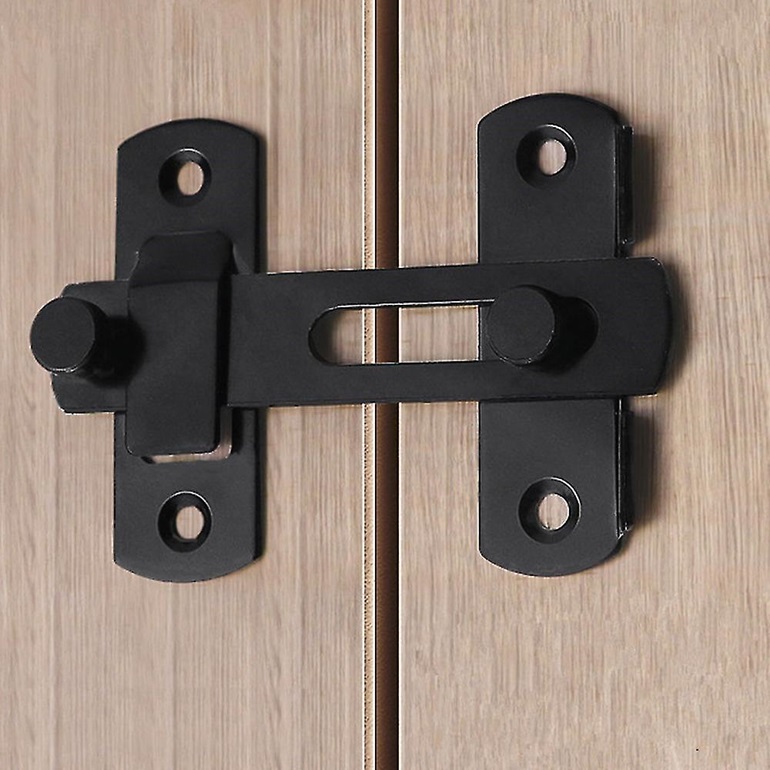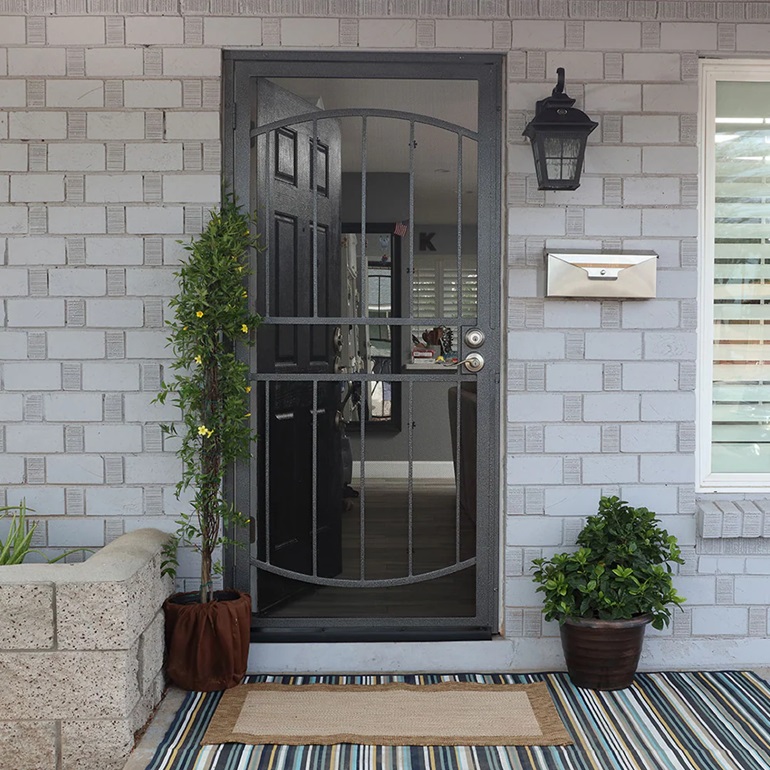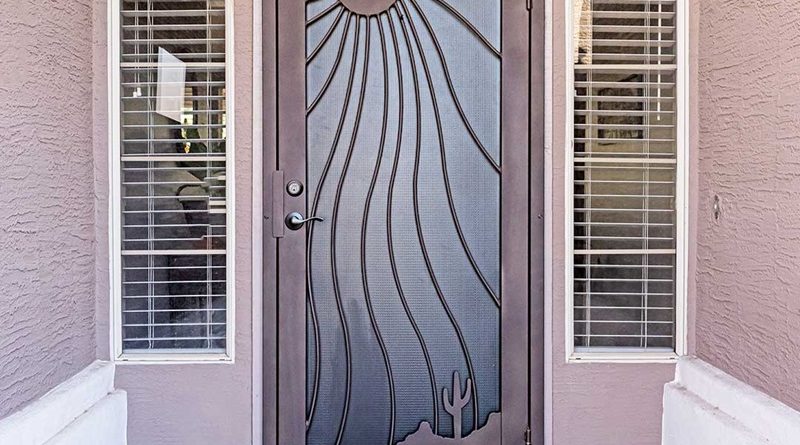Secure Doors and Ensure Privacy: Lock Latches Explained
Door latches are essential components of any building, providing security, privacy, and convenience. They play a crucial role in securing various types of doors, cabinets, and enclosures. These mechanisms come in a variety of designs and are utilised in residential, commercial, and industrial settings to safeguard property and ensure privacy. With various types available, choosing the right latch for your application can significantly impact functionality, aesthetics, and safety.
Importance of Door Latches

Door latches serve as the first line of defence against unauthorised access. Whether it’s a residential front door, a file cabinet in an office, or pivot doors, secure lock latches are essential components of security systems. They deter potential intruders and protect valuable assets, sensitive information, and personal belongings.
What is a Latch Lock?
It’s a type of lock that operates by securing a door, lid, or panel in place, preventing it from opening without the correct key, combination, or code. It’s designed to retract and disengage when someone turns the door handle to open the door. Latches typically consist of several components, including a latch bolt, strike plate, locking mechanism, and sometimes additional features like deadbolts or electronic sensors.
When engaged, the latch bolt extends from the lock into the strike plate, which is mounted on the door frame or adjacent surface. This prevents the door from being opened from the outside. To unlock the door latch, the appropriate key, knob, or lever is turned, retracting the bolt and allowing the door to swing open.
Types of Door Latches
Tubular Latches
Tubular latches are among the most common types, featuring a cylindrical body and a latch bolt that extends into the door frame. They are versatile and suitable for both residential and commercial applications. Tubular latches are available in various sizes and configurations to accommodate different door thicknesses and functions. Installation is relatively straightforward, requiring minimal tools and expertise.
Roller Latches
Roller latches utilise a spring-loaded mechanism with a roller that engages with a strike plate to secure the door. They are commonly used in interior applications where low-profile and discreet operation is desired. Roller latches are ideal for situations where noise reduction and smooth operation are priorities. However, they may not provide as much security as other latch types and are best suited for non-critical areas.
Magnetic Latches
Magnetic latches use magnets to keep doors closed securely without the need for mechanical components. They offer silent operation and are often used in cabinets, furniture, and glass doors. Magnetic lock latch types are available in various strengths to accommodate different door sizes and weights. They provide a modern and minimalist aesthetic while ensuring reliable performance.
Choosing the Right Type for Your Application
To make sure you choose the most effective solution for a specific application, there are a few key points you need to consider, such as the type of the door, the security system you are aiming for, as well as the aesthetics you want to achieve.
Consider Door Material and Weight

Different latch types are suitable for various door materials and weights. Heavy-duty doors may require robust latches with strong holding power, while lightweight doors may benefit from more delicate mechanisms. Evaluate the material and weight of your door to determine the most appropriate latch type.
Assess Security Requirements
Security is a crucial consideration when selecting a door latch. For exterior doors or areas requiring heightened security, opt for robust latches with advanced locking mechanisms. Interior doors, like the bathroom door, may require less secure latches, focusing more on convenience and ease of operation.
Evaluate Aesthetic Preferences
Lock latches contribute to the overall aesthetic of a space. Consider the design, style, and finish of your door hardware to ensure cohesion with the latch. Latches come in a variety of finishes, like brushed nickel, gunmetal, brushed brass, as well as satin white and matte black. Tubular latches offer traditional styling, while magnetic latches provide a sleek and modern appearance.
Determine Functional Requirements
Assess the intended function of the door to select a latch that meets your needs. For frequently used doors, prioritise durability and smooth operation. Consider additional features such as privacy functions or automatic latching for specific applications.
Examine Installation and Maintenance
Choose a door lock latch that is easy to install and maintain, especially for DIY projects. Some latch types may require professional installation or regular maintenance to ensure optimal performance. Factor in installation complexity and maintenance requirements when making your decision.
To Round Up
Door latches play a crucial role in ensuring security, privacy, and convenience in residential, commercial, and industrial settings. By understanding the different types of door latches and considering factors such as door material, security requirements, aesthetic preferences, and functional needs, you can choose the right latch for your application.
Whether it’s a tubular latch for a residential door or a magnetic latch for a modern glass door, selecting the appropriate latch enhances the functionality and aesthetics of any space. In essence, latch locks are indispensable components of security systems, providing both physical protection and peace of mind. Safeguarding a home, business, or sensitive equipment can be done right with choosing the ideal type of latch, crucial for maintaining safety and security.

